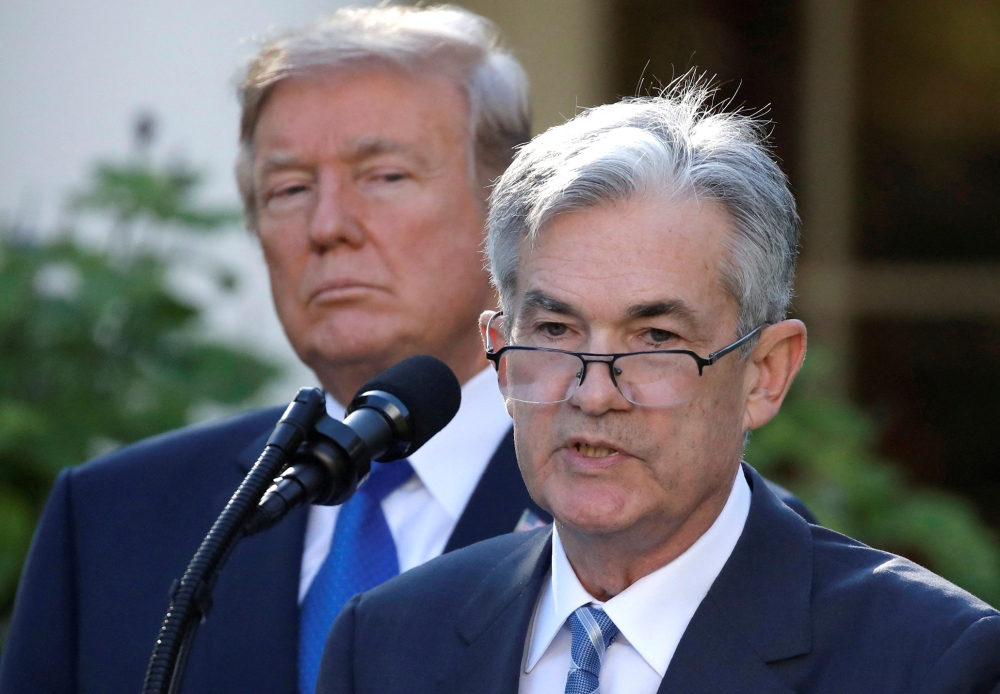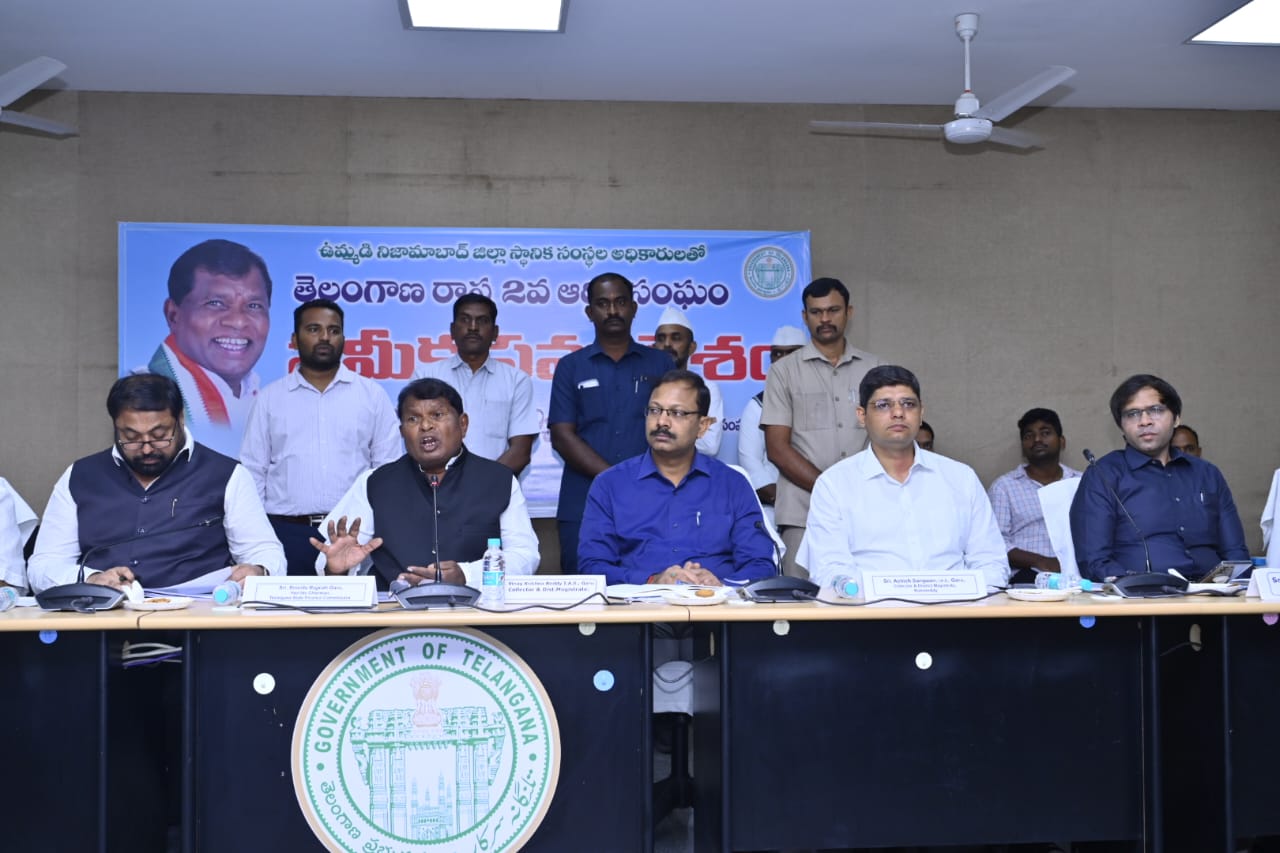Island Ingenuity: How Small Nations Can Lead on Climate Solutions – If Only They Get the Funding

The global landscape is undeniably turbulent, marked by economic instability and a weakening of international cooperation. Yet, for nations like Antigua and Barbuda, and other Small Island Developing States (SIDS), navigating uncertainty is a familiar reality. What's less familiar is the recognition of their immense potential to offer vital environmental solutions – solutions that could benefit the entire planet.
SIDS are often perceived as vulnerable victims of climate change, and rightly so. Rising sea levels, extreme weather events, and ocean acidification pose existential threats. However, this narrative overlooks a crucial aspect: these nations possess a wealth of traditional knowledge and innovative approaches to environmental sustainability, honed over centuries of living in harmony with fragile ecosystems.
Consider the ingenious water management techniques developed in response to unpredictable rainfall patterns, the sustainable fishing practices that protect marine biodiversity, or the pioneering efforts in renewable energy adoption, driven by the need to reduce reliance on costly and polluting fossil fuels. These are not merely adaptations; they are models of resilience and resourcefulness that can be scaled up and replicated elsewhere.
The Untapped Potential
The potential for SIDS to lead on climate action is significant. Their small size allows for agile policy experimentation, and their close connection to natural resources fosters a deep understanding of ecological principles. Moreover, many SIDS are early adopters of innovative technologies, demonstrating a willingness to embrace change and explore new solutions.
However, this potential remains largely untapped. The primary obstacle is a chronic lack of access to finance. While international climate pledges exist, the actual disbursement of funds to SIDS has been woefully inadequate. Bureaucratic hurdles, complex application processes, and a preference for large-scale projects often exclude smaller nations with limited capacity to navigate these systems.
A Call for Partnership
It’s time for a paradigm shift in how we approach climate finance. Developed nations, multilateral institutions, and the private sector must prioritize partnerships with SIDS, recognizing them not just as recipients of aid, but as valuable contributors to global climate solutions. This requires:
- Simplifying access to finance: Streamlining application processes and providing technical assistance to help SIDS navigate complex funding mechanisms.
- Prioritizing smaller-scale projects: Recognizing that impactful solutions often emerge from grassroots initiatives and local communities.
- Investing in capacity building: Supporting SIDS in developing the skills and expertise needed to design, implement, and monitor climate projects.
- Embracing innovative financing mechanisms: Exploring options like blended finance and risk-sharing guarantees to unlock private sector investment.
The climate crisis demands urgent and decisive action. Ignoring the contributions of SIDS is not only unjust; it’s also a missed opportunity. By forging genuine partnerships and providing the necessary financial support, we can unlock their ingenuity and harness their expertise to build a more sustainable and resilient future for all.
The time for platitudes is over. The time for action – and for empowering those who have the most to teach us – is now.






